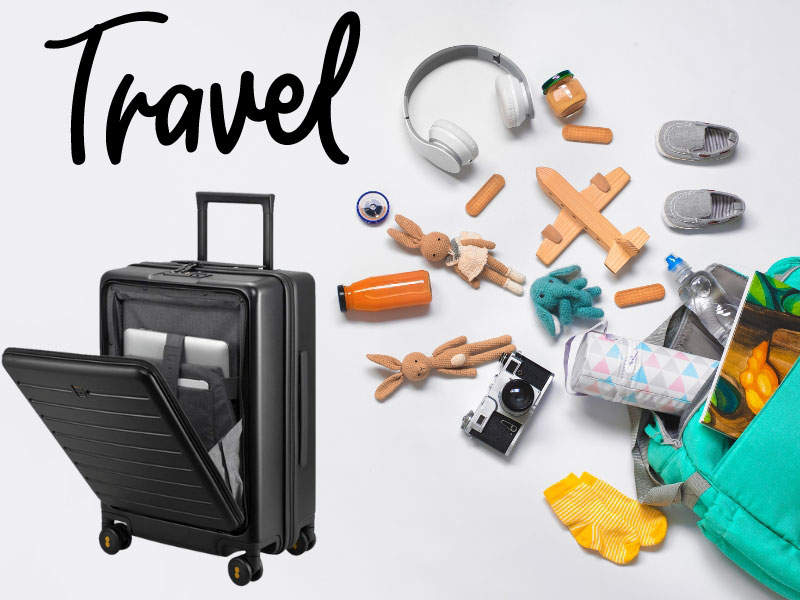In challenging economic times, more and more people are looking overseas in search of lucrative or rewarding employment opportunities.
In the past, securing employment would be one of the first steps on the emigration checklist and few people would move overseas without knowing they had a job waiting for them, or at least some promising interviews lined up.
But times are changing and a new breed of expats is on the rise.
The ‘Opportunistic Expat’ is one who throws caution to the wind and moves without any employment prospects on the horizon, in the hope that hunting for a job on foreign soil will be successful.
Being an ‘opportunistic expat’, leaving your established life and family support network behind and trusting your life to chance, can be a big risk – but there are certain steps you can take to improve the odds of the risk paying off.
Here are our top tips for making your time as an opportunistic expat successful!
Planning is Key
As you’re moving overseas without a job as a safety net, it’s imperative to do some research and form some kind of plan. Look into the job market of the area you’d like to move to and make sure there are positions available for people with your skill set. Long before you step on the plane you should be aware of what kind of opportunities will be open to you and how best to market your qualifications.
Knowledge is Power
Remember, no matter where in the world you plan to move to, good jobs will attract good candidates. If you want to stand a better chance than your rivals do your homework and gain as much knowledge about the nation you want to live and work in as possible. By knowing about the France’s customs, traditions, employment laws, landscape, language etc you are demonstrating to potential employers your willingness to learn and your commitment to acclimatising to the culture. Furthermore, the more knowledge of the country you have before your arrival the less likely it is that you will suffer from culture shock during the first few months. (See here for a great list of job websites and resources in France)
Always be Prepared
If you turn up for an interview unprepared the odds of you getting the job massively decrease, and so do the chances of you making a success of being an opportunistic expat. If you want to give yourself the best possible shot, prepare an interview pack before you move. The pack should contain copies of all your qualifications, a range of personal/professional references and a European style CV which you’ve specifically formatted for the job market you’re entering. Another important thing to consider is whether your qualifications are transferable, if they aren’t recognised in the nation you intend to enter your chances of securing top-level employment are instantly limited. You should also be able to skilfully answer the following question: ‘Why should I hire you over a local candidate?’ With unemployment on the rise globally, more and more governments are pressuring companies to hire local people over foreign workers. If you want to be an exception to the rule you need to convince potential employers that you have something exceptional to offer!
Get a Good Night’s Sleep
Starting out as an opportunistic expat can be scary, so give yourself one less thing to worry about and arrange temporary overseas accommodation before you leave home. The accommodation should cover you for at least your first 7 days in the country, thereby alleviating some of the initial stress. However, don’t tie yourself into a long-term rental contract until you have a job secured. If things don’t work out the way you’d hoped, trying to get out of a contract is an added stress you just don’t need.
Support Yourself with Savings
Before moving overseas every would-be opportunistic expat should sit down and work out how much it would cost them to live abroad for at least three months (this involves looking into the cost of living of the country you plan to move to, being realistic about your outgoings and factoring in a fund to cover you for emergencies). Before moving anywhere you should have this amount saved up. By supporting yourself with savings once you more overseas you’ll be able to begin your job hunt without a destructive sense of panic and urgency. However, you should also set yourself a minimum limit that your savings can get to before you have to stop and rethink your plans.
Being an opportunistic expat takes guts and bravery, but so does admitting defeat. Remember, whether your time overseas results in a job or not you will have learnt a huge amount and had some major life experiences, so no matter the outcome you should consider your time as an opportunistic expat successful!
This post was provided by The Expat Hub, a top online stop for expatriate advice, support and information.










